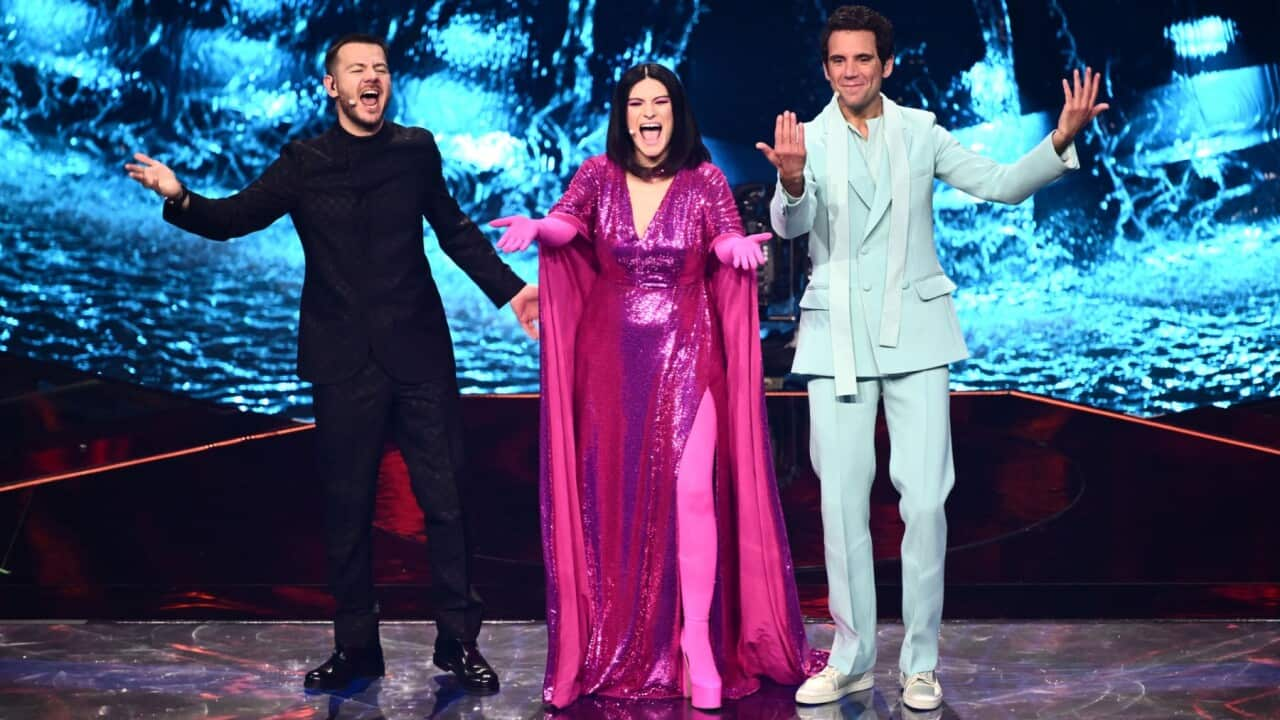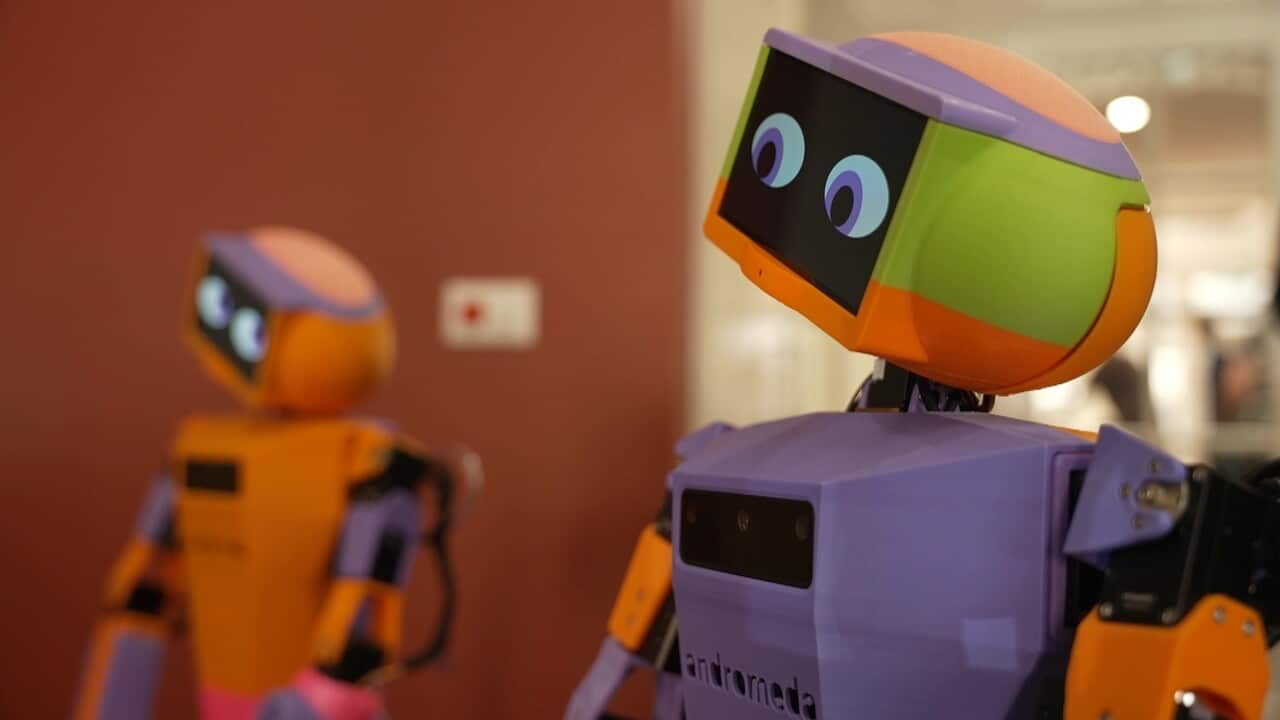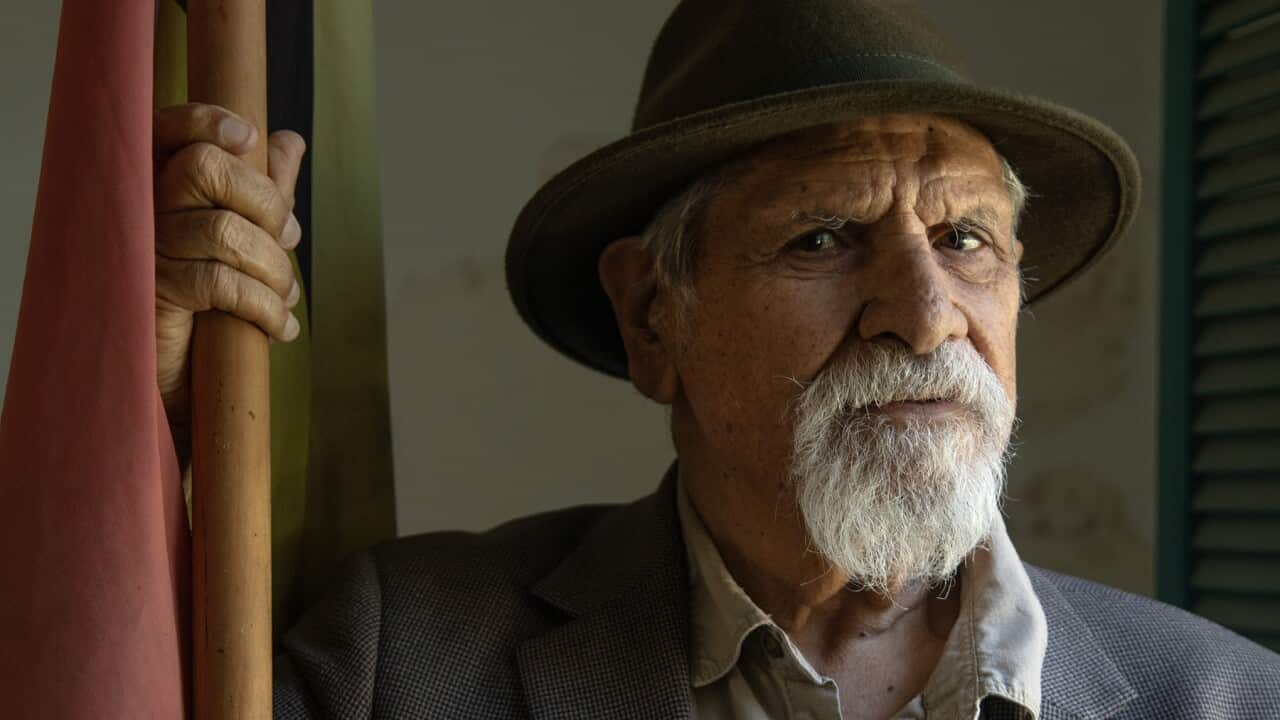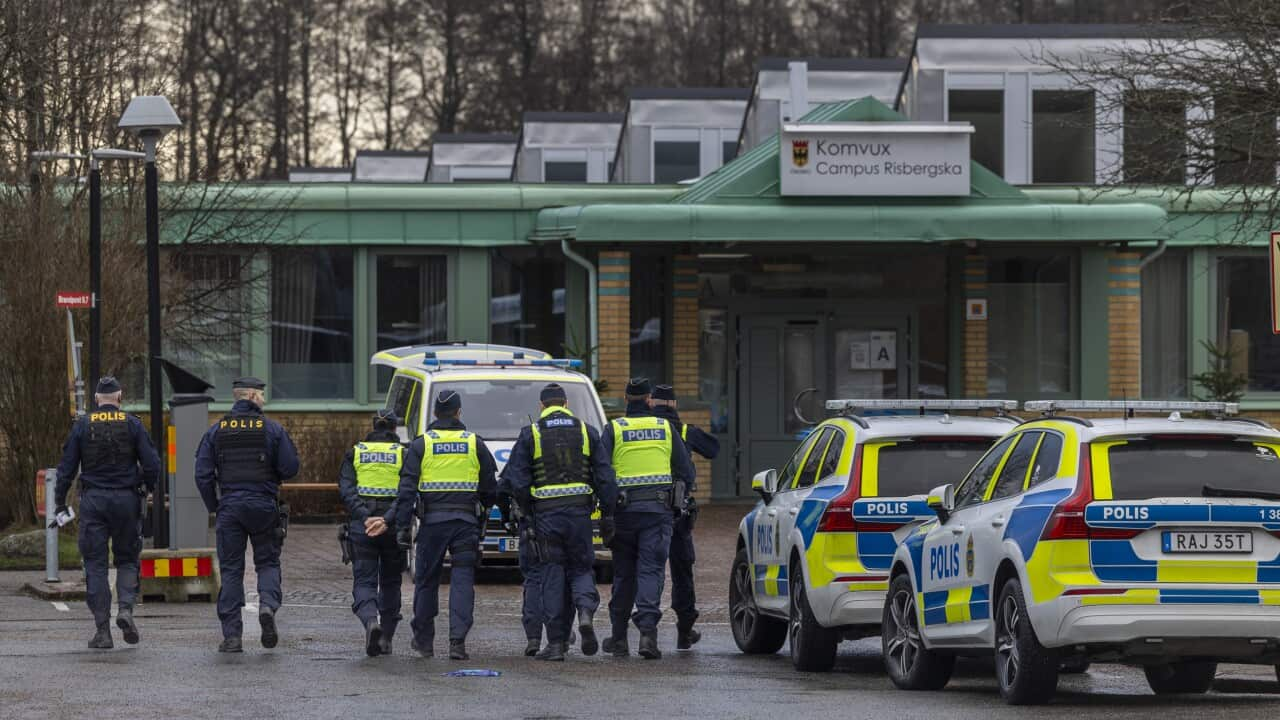Key points
- Eurovision has been broadcast by SBS since 1983, and the network again holds the exclusive rights
- According to Dr Dean Vuletic, the contest initially attracted an immigrant audience in Australia, mainly from Southern Europe
- In recent years, its popularity Down Under has expanded
A historian of contemporary Europe at the University of Vienna, Dr Vuletic is the author of 'Postwar Europe and the Eurovision Song Contest', the first-ever scholarly monograph on the history of the contest.
In his book, Dr Vuletic examines how the contest has reflected and become intertwined with the history of Europe after World War II.
It’s also a theme prevalent in a course he runs focusing on the history of the contest.
“There are no cultural media that have connected Europeans more than popular music and television, and the development there has always been tied to cultural, economic, political, social and technological changes.
“I was living in Italy when I decided to create a course about Eurovision. At the beginning, I was worried it might not be of interest to international students, but I was wrong.”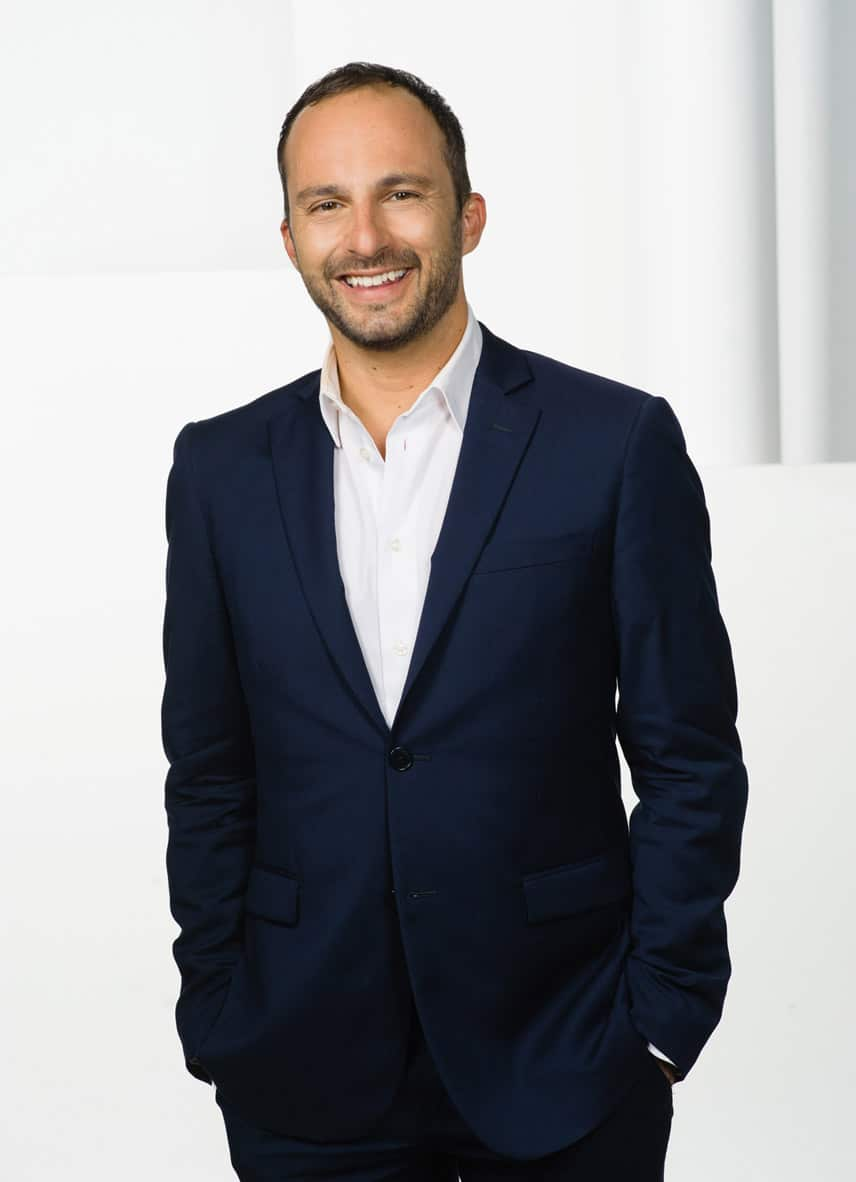 He tells SBS Italian that he became passionate about Eurovision as a young boy, when he lived in Perth with his Croatian family.
He tells SBS Italian that he became passionate about Eurovision as a young boy, when he lived in Perth with his Croatian family.

Dr. Dean Vuletic is a leading academic authority on the history of the Eurovision Song Contest. Source: Courtesy Of Dean Vuletic
He recalls that he was raised in a community made up of "mostly immigrants, like us", incorporating people of Croatian, Greek, Maltese, Italian and Serbian heritage.
The course he runs at the Vienna university has become popular in a short period of time, he says, and the students attending are from various backgrounds.
“Eurovision has reflected changes in the European society, since 1953 when Germany was represented by a Jewish man that survived the Holocaust.
“This proves how Eurovision is a mirror of cultural changes of the world and this society.”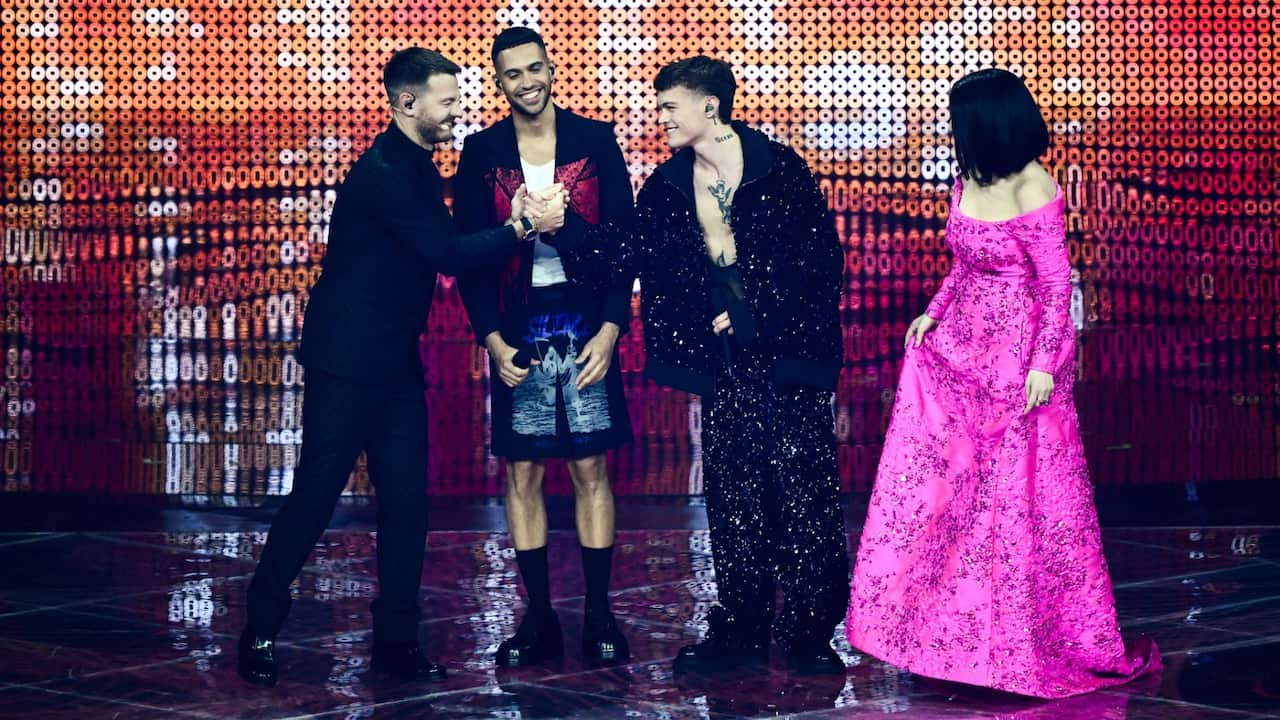

Eurovision 2022 presenter Alessandro Cattelan (L) taps hand with Italian singer Blanco (2ndR) as Italian singers Mahmood (2ndL) and Laura Pausini look on. Source: MARCO BERTORELLO/AFP via Getty Images
‘Sympathy vote’ for Ukraine
According to the , Ukraine is the favourite to win this year's contest, followed by the UK, Italy and Sweden.
While not offering a prediction for the contest winner, Dr Vuletic said sympathies relating to the Ukrainian conflict may play a huge part in scoring.
"Although I believe it won’t be enough to let the country win the competition.
“In the history of Eurovision no one ever won thanks to a ‘sympathy vote’ and this year won't be an exception.”
Ukraine is represented by the Kalush Orchestra with the song 'Tini zabutykh predkiv’, or ‘Shadows of Forgotten Ancestors’.
The country qualified for Saturday’s final with an impressive showing in the first semi-final on Wednesday.
Australia is represented by 23-year-old Sheldon Riley, who sealed a spot for Turin with his ballad 'Not the Same'.
Riley developed a large following through performances on America's Got Talent in 2020, and The Voice in 2018 and 2019.
Dr Vuletic says it is performers like Riley, who is of Filipino background, which is leading to a rise in the contest's popularity in Australia. SBS has broadcast Eurovision since 1983, and holds the rights in 2022.
SBS has broadcast Eurovision since 1983, and holds the rights in 2022.

Sheldon Riley will represent Australia in this year's Eurovision in Turin, Italy. Source: SBS / Nick Wilson
It will be broadcast live and in primetime on
